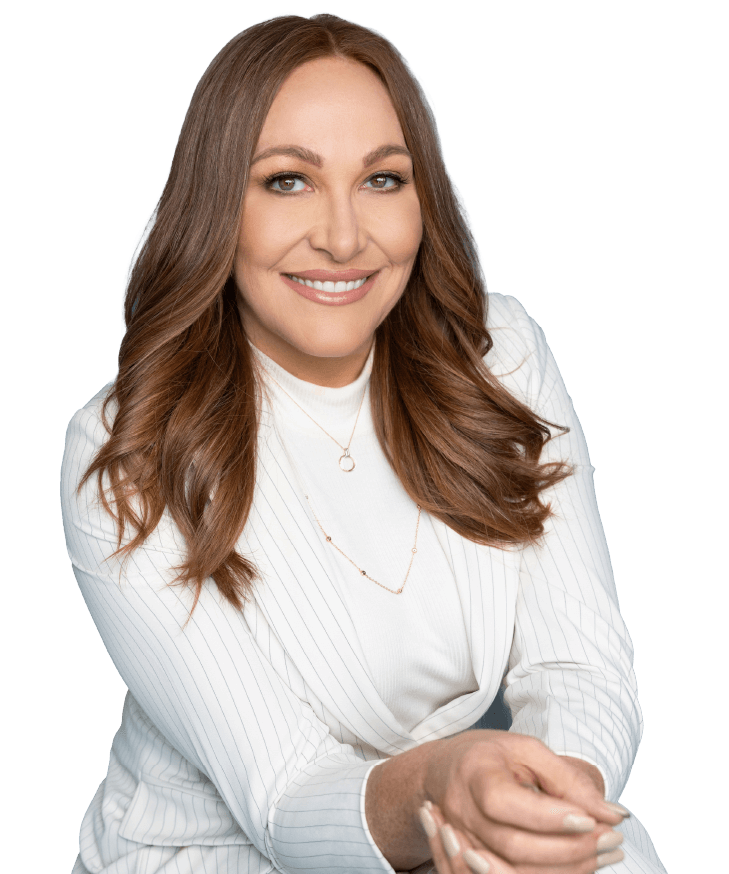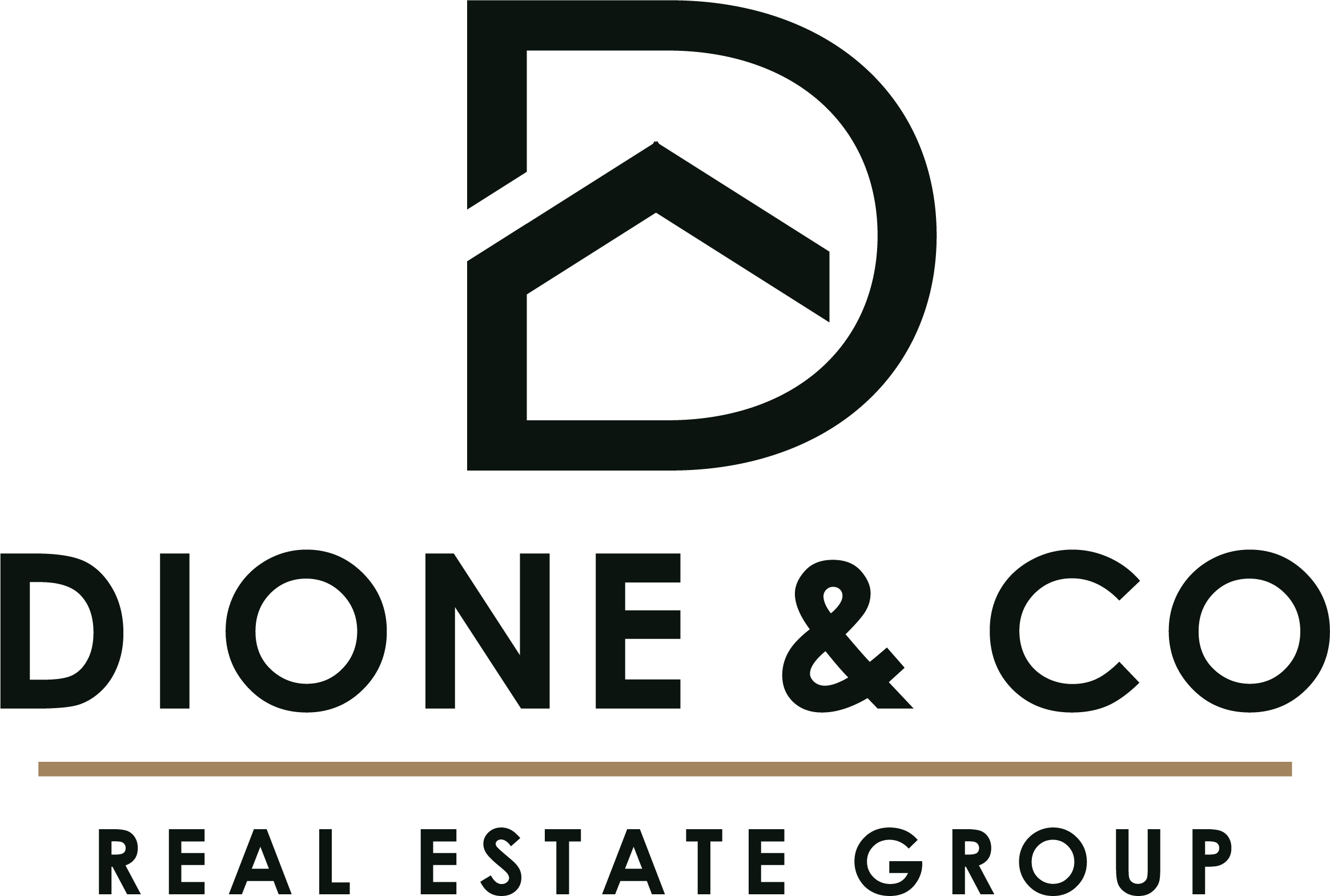Total Sales Volume
Over $13B
Successful Home Sales
Over 2250
Donated To Charities
Over $75000
Buyers In Waiting
Over 548
Awards Logos Scrolling

Meet Dione
"I have always had a passion for houses and design and to help people achieve their goals. I was always involved in interior decorating from a young age, and took courses after high school to develop this. My life path led me to a different field - I was a Dental Assistant for 13 years, where I was able to further develop my ability to make people feel at ease and to be able to learn so much about different personalities. I learned that every person likes to be treated their own certain way! In the service industry this is an important skill to hone, as this is a huge part of making people feel at ease so they can focus on the important things at hand - buying and selling real estate!
In 2010 I finally took the opportunity to become a Realtor. I had just moved to Airdrie and I knew no one! I had no idea how to find clients or how to make deals happen. I found myself an amazing coach and mentor - Craig Proctor - and my life changed forever! I have learned how to have people find me when they are in need of assistance with Real Estate, and how to take excellent care of them throughout the whole process, and beyond! Cutting edge marketing and a team to support me are key!
Growing a team has been so amazing, and it is so rewarding and fulfilling to be able to mentor and coach my team to success! Seeing others succeed is what I have learned to thrive on - and seeing happy clients is our goal at the Dione Irwin Team.
Giving back through donating to the Alberta Children's Hospital is something we are very proud of on the team. It feels great to be able to help people in need. I look forward to having my team and I work for you!"
Let us help you
make the move.
Our Portfolio
Featured Communities
Meet The Team
Airdrie and Calgary links to search
Airdrie Real Estate News
Calgary October 2025 Market Update
Welcome to Dione Real Estate Group Market Update. If you’re thinking about buying or selling residential real estate, it’s important to understand ...
Airdrie October 2025 Market Update
Welcome to Dione Real Estate Group Market Update. If you’re thinking about buying or selling residential real estate, it’s important to understand ...
Airdrie Q3 Market Update
Welcome to The Dione Irwin Market Update. If you’re thinking about buying or selling residential real estate, it’s important to understand the ...
Calgary Q3 Market Update
Welcome to The Dione Irwin Market Update, I’m Dione Irwin If you’re thinking about buying or selling residential real estate, it’s important ...
Amazing Airdrie Community Alert
This neighbourhood is one of Airdrie's best, read on for more information.
June 2025 Market Update
Fresh News on the state of the real estate market, read to keep up to date on all the recent developments.
The Best Foods to Provide at Open Houses
Read on for tips about some treat ideas for open houses! Offering food at an open house can give you the boost you need to sell your home.




